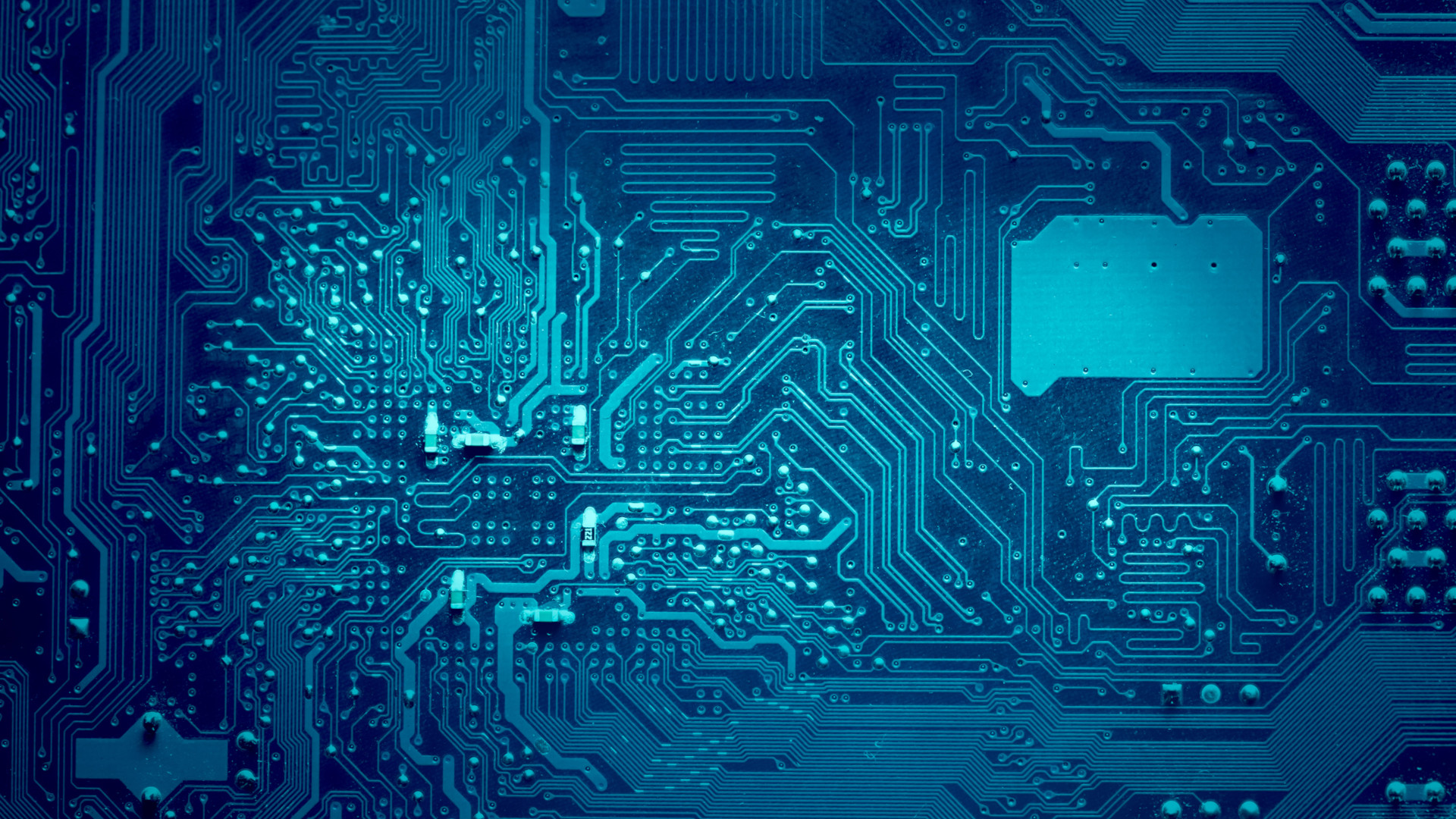Physicians Committee Works to Advance Nonanimal Research at the NIH

There has been exciting progress at the National Institutes of Health (NIH) toward the broader use of nonanimal research approaches. Physicians Committee scientists have been busy engaging with the agency to maintain the momentum and remove barriers for researchers wanting to use powerful nonanimal methods, like tissue chips and computational models.
As the NIH implements recommendations for catalyzing the development and use of nonanimal methods, it is crucial that researchers proposing to use these methods are not hampered by animal methods bias—the unfounded preference for animal-based methods or the lack of expertise to evaluate nonanimal methods in funding applications.
In May, the National Center for Advancing Translational Sciences (NCATS) Advisory Council convened to discuss ongoing and upcoming programs at the Center. NCATS is NIH’s hub for innovative, nonanimal research, having launched the Tissue Chip for Drug Screening program in 2012, which has now expanded into the much broader Tissue Chip Projects & Initiatives.
Another advisory group convened in June—this time with a direct line to the NIH Director, the Advisory Committee to the Director. In two public comments to these advisory groups, Physicians Committee scientists encouraged the NIH to ensure that nonanimal research is fairly evaluated to avoid the negative consequences of animal methods bias. Our specific recommendations included:
- Communicating the unique value of nonanimal methods;
- Broadening the pool of experts in nonanimal methods available to review new grant applications;
- Creating animal-free funding streams so that projects are not competing with animal-based research; and
- Training reviewers to identify, address, and report incidences of animal methods bias.
The Physicians Committee will continue to monitor these efforts and ensure further progress toward medical research without animals.








